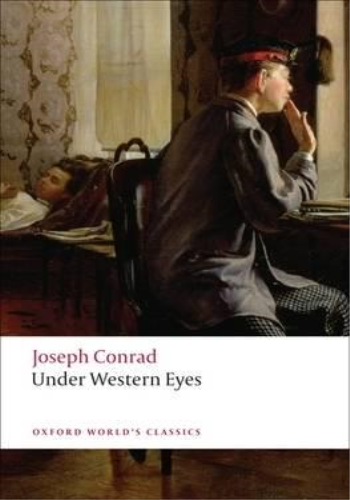'Whenever two Russians come together, the shadow of autocracy is with them...haunting the secret of their silences.' First published in 1911, Under Western Eyes traces the experiences of Razumov, a young Russian student of philosophy who is uninvolved in politics or protest. Against his will he finds himself caught up in the aftermath of a terrorist bombing directed against the Tsarist authorities. He is pulled in different directions - by his conscience and his ambitions, by powerful opposed political forces, but most of all by personal emotions he is unable to suppress. Set in St Petersburg and Geneva, the novel is in part a critical response to Dostoevsky's Crime and Punishment but it is also a startlingly modern book. Viewed through the 'Western eyes' of Conrad's English narrator, Razumov's story forces the reader to confront the same moral issues: the defensibility of terrorist resistance to tyranny, the loss of individual privacy in a surveillance society, and the demands thrown up by the interplay of power and knowledge. This new edition is based on the first English edition text, and has a new chronology and bibliography. ABOUT THE SERIES: For over 100 years Oxford World's Classics has made available the widest range of literature from around the globe. Each affordable volume reflects Oxford's commitment to scholarship, providing the most accurate text plus a wealth of other valuable features, including expert introductions by leading authorities, helpful notes to clarify the text, up-to-date bibliographies for further study, and much more.







